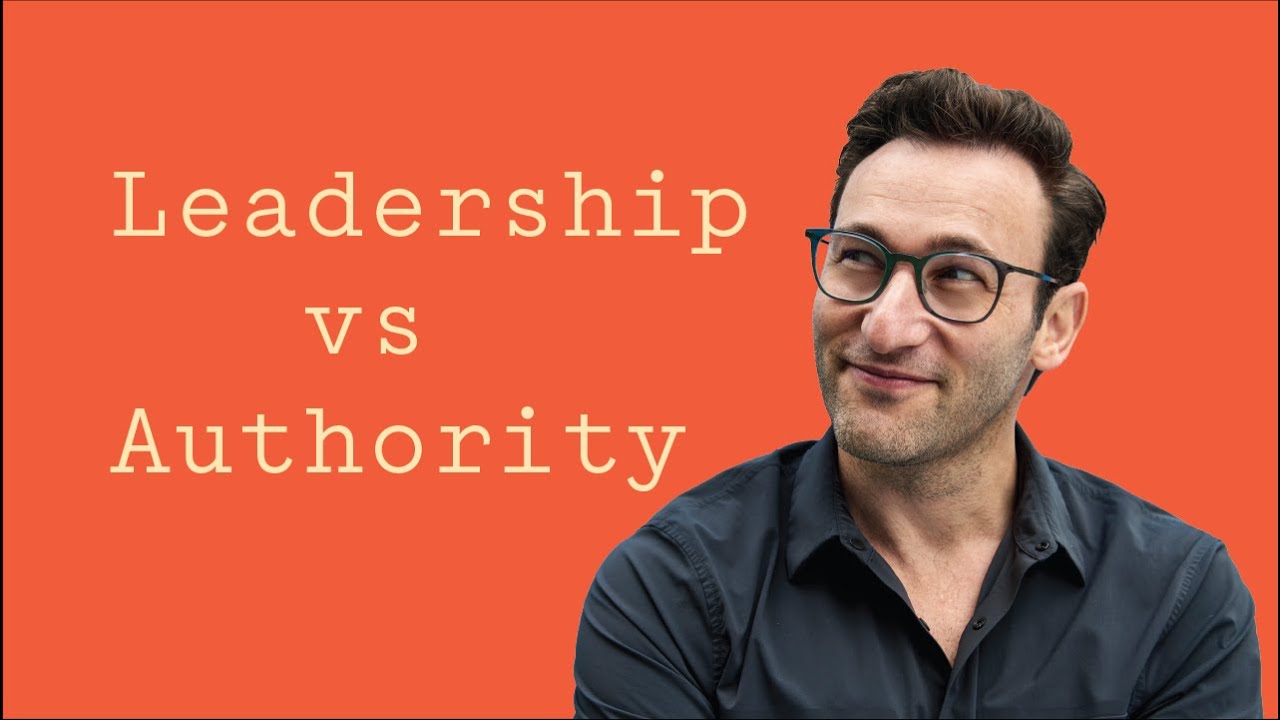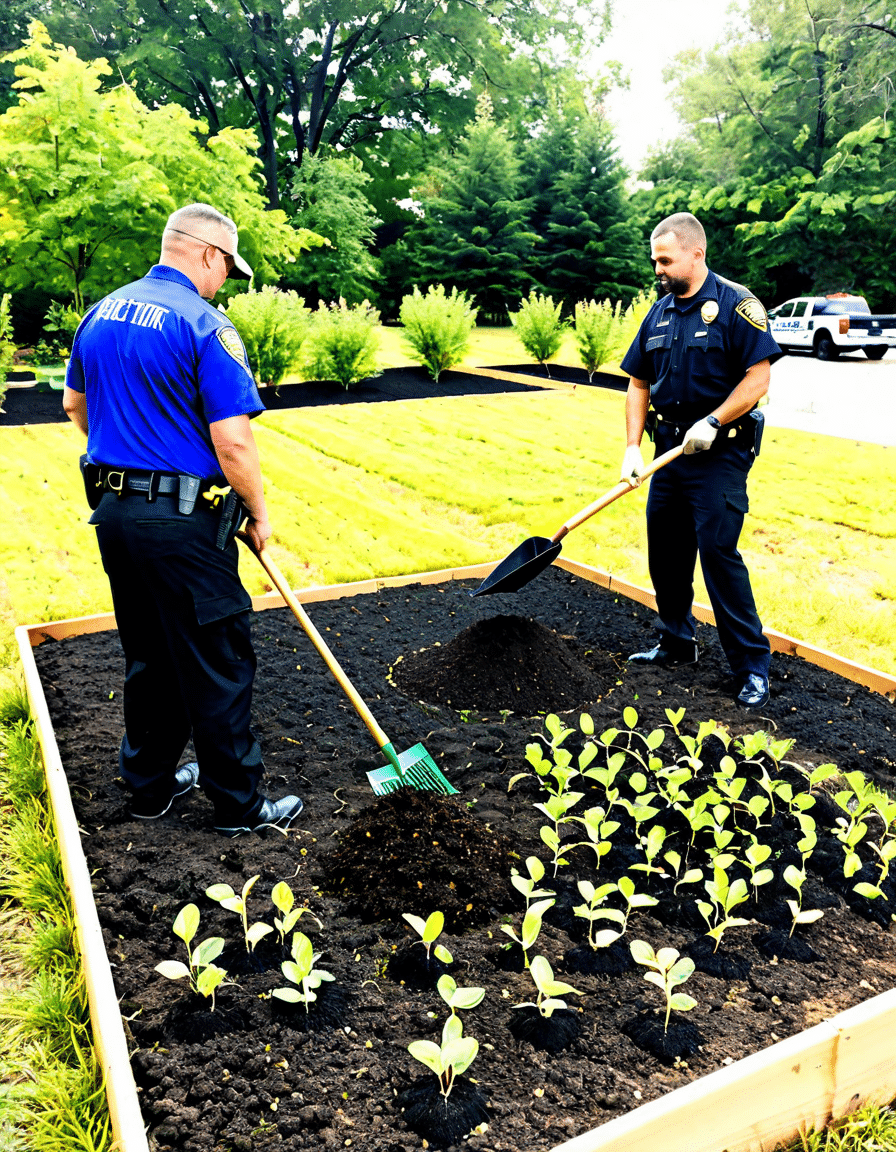Addiction recovery is a multi-faceted journey, and it’s one that can be significantly affected by the actions of various authorities. From local healthcare providers to government agencies, these authorities shape how addiction is treated in our communities. They work to allocate resources, create policies, and provide direct support to individuals struggling with addiction. In essence, authorities stand on the front lines, guiding not only those in recovery but also their families through difficult times.
Understanding the roles of these authorities is crucial for parents who are watching their children grapple with addiction. It’s not just about making decisions behind closed doors; it’s about fostering an environment where everyone has access to the support they need. At Mothers Against Addiction, we recognize that when authorities get involved in a compassionate and thoughtful way, the pathway to recovery becomes clearer for our loved ones. Together, we can work to not only uplift those battling substance use disorders but to heal the families torn apart in the process.

1. Understanding the Role of Authorities in Addiction Recovery
Authorities come in many forms, each with their own purpose, responsibilities, and challenges. Government agencies like the Substance Abuse and Mental Health Services Administration (SAMHSA) play a pivotal role in establishing systems that encourage recovery. They craft policies that affect healthcare access, from coverage of treatments to resources available for therapy. Meanwhile, community organizations often fill vital gaps with programs tailored to local needs. These initiatives can be life-changing for individuals battling addiction.
Healthcare providers also form a crucial part of this web, offering medical interventions and counseling services. They work to develop treatment plans that take into account not just the physical but also the mental and emotional toll of addiction. Without these authorities, it would be chaotic to navigate the myriad pathways to recovery. Their collaboration ensures that efforts aren’t just piecemeal but rather form a comprehensive approach to tackling addiction.
Moreover, these authorities are often responsible for educational campaigns aimed at destigmatizing addiction. They ensure that communities understand what addiction is and, importantly, what it isn’t. This kind of awareness is key to forging a more accepting society, where those struggling feel safe to seek help.

2. Top 5 Objectives of Authorities in Supporting Recovery

3. The Effects of Authority Decisions on Recovery Outcomes
The decisions made by authorities directly affect recovery outcomes in communities across the nation. For instance, funding decisions can either bolster recovery programs or leave them hanging by a thread. Mothers Against Addiction emphasizes that the flow of resources impacts not only the services available but also the hope instilled in families waiting for change.
Take Massachusetts as a prime example. After rolling out a comprehensive state-wide overdose prevention plan, they experienced a significant 12% decrease in opioid-related fatalities from 2017 to 2019. The proactive steps taken by authorities highlight how vital responsible decisions are to community health and wellness.
On the other hand, inadequate funding or poorly planned initiatives can result in setbacks. Each community is different, which necessitates a tailored approach supporting local needs. Decisions made by authorities today lay the groundwork for tomorrow’s recovery landscape.
Subsection A: Case Studies of Authority Impact

4. How Authorities Address Unique Needs Among Immigrants and Veterans
Recognizing the diverse challenges faced by immigrant communities and veterans is essential for effective recovery support. Authorities are actively developing strategies catering to these groups, ensuring that they receive the support they need. Programs like “Cultural Competency Training” in New York City have helped healthcare workers communicate more effectively with these populations.
For veterans, outreach initiatives provided by the VHA have been specifically designed to address substance abuse issues linked to PTSD. By understanding the unique experiences that influence addiction, authorities can create tailored programs that help veterans find tailored paths to recovery.
Families often carry the burden of addiction alongside their loved ones. That’s why programs intended to provide family support and education are essential. They reassure communities that they don’t have to fight this battle alone.

5. Health Initiatives Led by Authorities That Promote Sustainable Recovery
Innovative health initiatives spearheaded by authorities help frame the dialogue around addiction recovery. These include harm reduction strategies, like needle exchange programs, which lessen the impact of substance use while promoting a path toward recovery. Such initiatives reflect a significant shift toward compassionate care, and they’ve proven effective in both urban and rural settings.
Take Alaska, for example. The Office of Substance Misuse and Addiction Prevention has introduced the “Recovery Coaching” program. Here, individuals who have successfully navigated recovery work alongside those just beginning their journey.
Wisconsin’s Comprehensive Drug Treatment Initiative emphasizes family involvement in care. By integrating treatment programs with family support, the initiative is crucial for breaking generational cycles of addiction. Support systems like these can change the course for countless families.
Subsection A: Innovative Programs
Innovative Wrap-Up
As the struggle against addiction continues, the role of authorities has never been more critical. Their decisions will shape recovery environments for years to come. By continuing to adapt to the challenges ahead and embracing inclusive policies, authorities can create a recovery landscape that addresses immediate needs and fosters long-term resilience.
At Mothers Against Addiction, we believe in a collaborative approach. Working together with authorities and communities, we can dismantle stigma, enhance recovery resources, and ultimately reduce the toll addiction takes on society. By promoting a more compassionate and holistic approach to addiction recovery, we can facilitate environments where healing and growth become possible for all. Together, let’s endeavor to provide the kind of support that families need when they are faced with the overwhelming challenges of addiction.
Authorities and Their Impact on Addiction Recovery
The Powerful Role of Authorities in Recovery
When you think about authorities, you might visualize law enforcement or government but you can also consider healthcare professionals and support organizations. These entities significantly shape addiction recovery. For instance, did you know that over 21 million Americans struggle with substance use disorders? This staggering figure demonstrates the need for coordinated efforts from various authorities. It’s crucial for healthcare systems to monitor emerging trends, such as the recent Incidents concerning the mpox outbreak in Africa, which highlight the interconnectedness of public health and addiction.
Law enforcement authorities also play an instrumental role in managing substance abuse. Take Norco, a prescription drug that has become a common concern amid rising addiction rates. Those in authority often need to balance enforcement with compassion, focusing not just on punishment but also on rehabilitation. Understanding addiction is complex, and authorities must work with support networks to create pathways for recovery. They even have resources like the glucose formula to help maintain physical health, which is often an overlooked aspect of recovery.
Collaboration is Key
Collaboration among various authorities is essential. For instance, public health initiatives often work in tandem with educational programs to shed light on addiction’s underlying causes. A heartwarming example is the please please please campaigns run by local communities, aimed at providing resources and support directly to families affected by addiction. These grassroots efforts often fill the gaps left by more bureaucratic organizations, helping to create an inclusive environment for those in recovery.
Additionally, the entertainment and media industries have a role to play. Shows like Gossip Girl might provide relatable content that addresses the struggles faced by youth today. It’s crucial to harness popular culture in ways that can spread awareness about addiction and recovery. Imagine authorities partnering with content creators to deliver serious messages in an engaging format—this kind of collaboration can demystify addiction and help reduce stigma, making it easier for individuals to seek support. Transitioning from a culture of secrecy to one of openness can be a game changer in healing.
In sum, authorities represent a diverse spectrum of power that impacts addiction recovery from multiple angles, and understanding their influence can provide us a clearer perspective on the journey to healing.




























